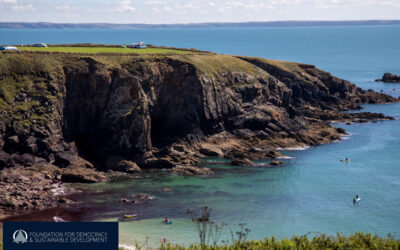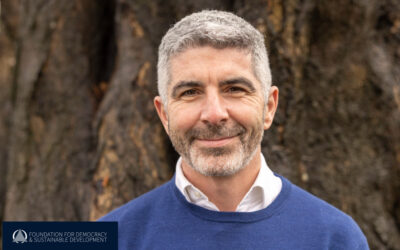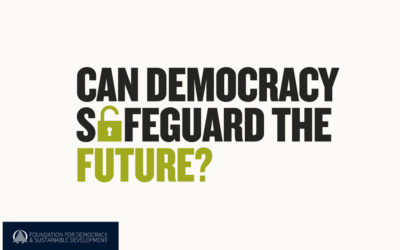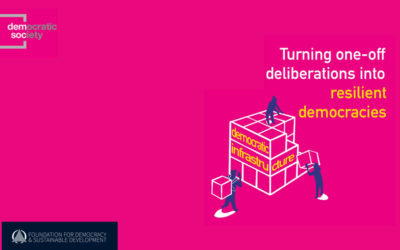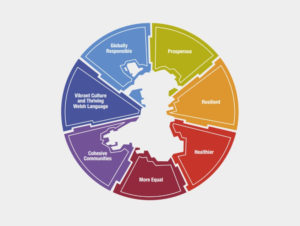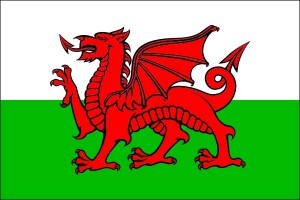National and regional constitutions, as well as legally enforceable rights and specific laws, could all underpin sustainable development within democracies.
Constitutions set out the purposes and objectives of government, as well as the rights and responsibilities of citizens. They signal what is important, being symbolic as well as practical. A number of national constitutions have in recent times rethought who the ‘people’ are, giving rights and consideration to future generations and/or nature.
In 2008, Ecuador codified the rights of nature within its Constitution. Articles 71–74 particularly recognize the rights of nature to respect; the maintenance and regeneration of its functions and processes; its restoration; the limitation or prevention of harmful activities that might, for example, lead to species’ extinction or disrupt natural cycles; as well as the right for people to benefit from the environment.
Prof Jörg Tremmel, author of several books on Intergenerational Justice, has suggested ideas for adding a fourth branch to the standard separation of three powers to tackle the ‘presentism’ of democracies and address the ‘representation gap’ for future generations.
Unless constitutions are operationalised into more specific legal and policy frameworks, they may have little impact. Laws can set out general or specific ways in which sustainable development processes and goals should be implemented. Existing examples at international, national, state and federal levels show what is possible in enabling a transition towards more sustainability.
The Wellbeing of Future Generations (Wales) Act sets out wellbeing goals for Wales. A duty is placed on specified public bodies to meet these goals, whilst observing the principles of sustainable development. The Act also establishes a Future Generations Commissioner who will advocate for future generations and advise and support public bodies to carry out their duties.
The Ecocide Law, proposed in June 2021, identifies ecocide among the international crimes of genocide, crimes against humanity, war crimes, and the crime of aggression. In countries where a similar law has been implemented, it could lead to criminal imprisonment. One example is the French Climate & Resilience Act that can lead to a 10-year prison term for serious environmental offenses.
Rights are often incorporated within constitutions, specific Bills of Rights, or have become formally or informally part of culture and legal practice. Whilst many constitutions include, for example, rights to a healthy environment, there have also been discussions (and some practice) around creating collective rights for future people, the rights of nature (as in the example of Ecuador), or rights for other species.
The independent Brazilian Public Prosecutor’s Office is authorised by the Brazilian Constitution to bring actions against individuals, enterprises and the state to defend minorities, the environment, consumers and civil society. It defends public and collective rights, files lawsuits, makes recommendations and organises class actions.
In terms of rights for future generations, a conference in Hungary in 2014 exploring Model Institutions for a Sustainable Future discussed the pros and cons of individual versus collective rights. The consensus seemed to be that collective rights were preferable, as set out by contributor Marisa Quaresma dos Reis.
Peter Roderick, commissioned by FDSD, drew on the links between constitutions, laws and political institutions in ‘Take the longer view: UK governance options for a finite planet‘.

